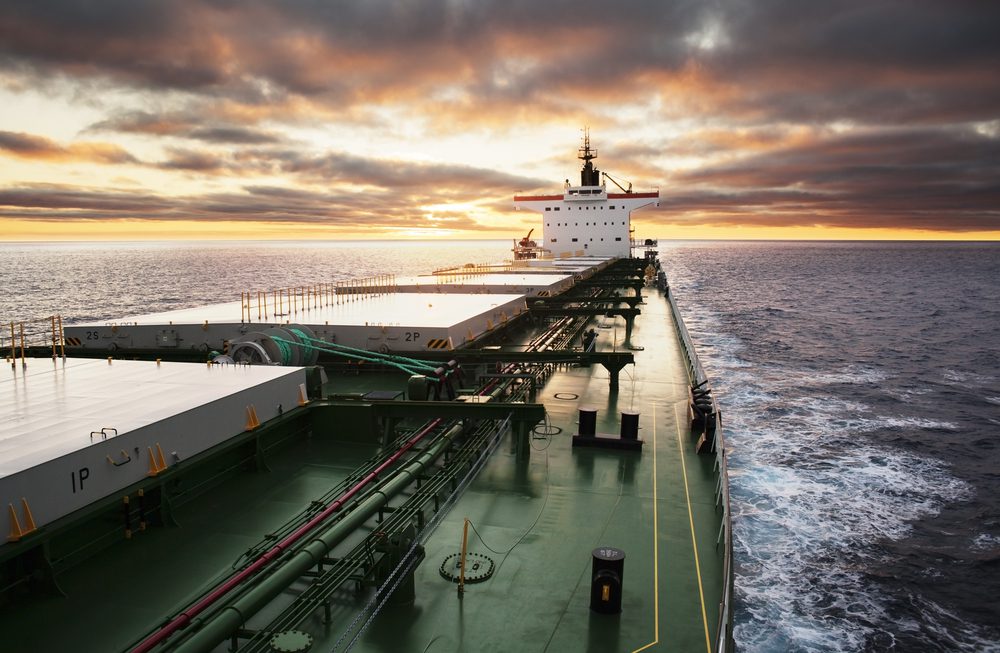BY Naomi Christie
(Bloomberg) — Greek shipowners dominant’ role in world trade faces little threat from the financial turmoil that’s roiling the Mediterranean country, according to analysts who monitor the nation’s maritime industry.
The Greek government shut banks and imposed capital controls in an overnight announcement aimed at preventing the collapse of its financial system. There’s an 85 percent chance Greece will be forced to stop using the euro currency, according to Mohamed El-Erian, chief economic adviser at Allianz SE.
Greeks own almost a fifth of the world fleet’s transportation capacity, more than the citizens of any other country, according to the United Nations. While the Greece’s fate in Europe could affect currency markets and hurt economic growth, Morgan Stanley anticipates the direct impact on its owners will be limited. Most already moved their deposits elsewhere, said Fotis Giannakoulis, a New York-based analyst at the bank.
“Operations of international shipping companies are unlikely to be affected,” Giannakoulis said in a report sent by e-mail Monday. “From our extensive discussions with several management teams during the last few years, we understand that all shipping companies keep their cash deposits in international banks, facing effectively no risk from the capital controls announced.”
Owned Elsewhere
While Greek ships have long dominated the world’s trade lanes, a smaller proportion are registered in the country for ownership purposes.
Greeks beneficially owned 17 percent of the global fleet’s transportation capacity at the start of last year, according to the most recent study by the United Nations. Japanese owners ranked second with 14 percent.
By contrast, less than 5 percent of the global fleet measured by capacity flies the southern European country’s flag, with ships typically registered in so-called flag states like Panama, Liberia and the Marshall Islands, the UN’s data show.
“It’s hard to see how the Greek shipowners should be affected or how world trade should be affected,” Nigel Prentis, the London-based head of research at Hartland Shipping Ltd. who has more than three decades experience working with Greek shipowners, said by phone. “They’re operating offshore assets in tax-free environments.”
©2015 Bloomberg View

 Join The Club
Join The Club











